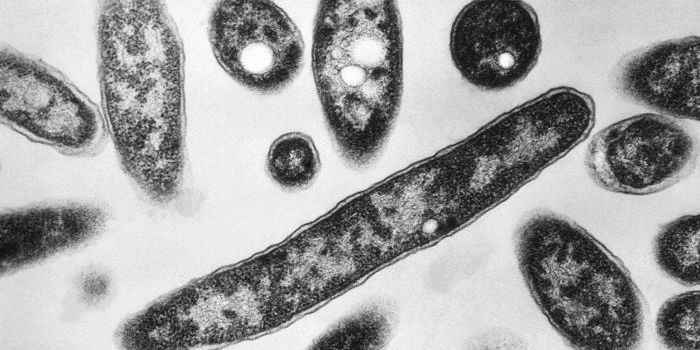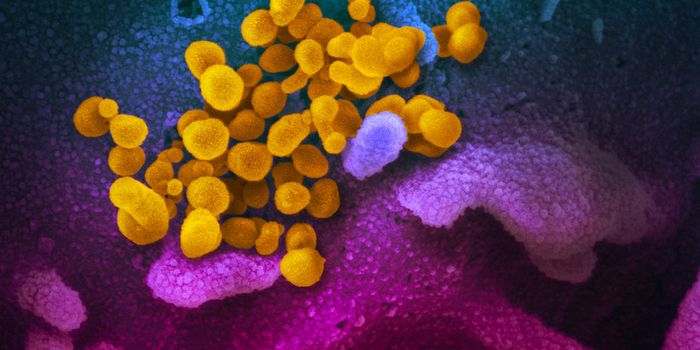Simple Test Rapidly Diagnoses Antibiotic-resistant Infections
If we get a bacterial infection, doctors use antibiotics to treat it. But sometimes people are infected by pathogens that are resistant to the effects of antibiotics, a growing problem worldwide. If clinicians could find out quickly when people are dealing with drug-resistant microbes, they can act rapidly to treat those persistent infections instead of cycling through standard therapeutics before finding out that none of them work. Researchers at the University of California, Berkeley have developed a test that can indicate whether antibiotic-resistant strains of bacteria are to blame for a patient’s infection.
"Health organizations around the world are supporting the development of tools that specifically identify pathogens that are resistant to antibiotics because there are limited tests available that can do it quickly," said Tara deBoer, a postdoctoral fellow in the College of Engineering at UC Berkeley. "Our test is simple and gives us information on a short timescale."
So-called superbugs that can evade the effects of drugs are responsible for the deaths of around 700,000 people every year, a number that the United Nations has warned will rise much higher in the near future. By diagnosing these infections and moving rapidly to treat them with the proper drugs, we may be able to limit their spread.
The new, inexpensive, simple diagnostic test has been called DETECT. It uses urine samples to identify molecules carried by antibiotic-resistant germs. The test doesn’t require an expensive machine to run it, and can be applied in a clinical setting. The work will be reported in the October 18 issue of the journal ChemBiochem.
"In theory, DETECT will allow you to diagnose antibiotic-resistant bacterial infections in a doctor's office just by collecting urine and mixing it with the DETECT reagents," noted Niren Murthy, a professor of engineering at Berkeley.
"Drug-resistant infections are a silent pandemic that actually kill more people every year than Zika or Ebola," added Lee Riley, professor of epidemiology and infectious diseases in the School of Public Health at UC Berkeley. "The faster you can start the right drug, the better the chances of survival or avoiding complications."
Many of humankind's first antibiotics that a lot of us are familiar with, like amoxicillin, penicillin, and ampicillin, act on a structure in bacteria called beta-lactam. The drugs stop bacterial cell walls from being constructed, so microbes cannot reproduce and the infection is snuffed out.
For a variety of reasons, including antibiotic misuse, some pathogens have evolved and have overcome antibiotics. There are strains of Salmonella, E. coli, and Shigella that now make enzymes that can digest those antibiotics; they are called beta-lactamases, and render the drugs ineffective.
The DETECT system can indicate when those beta-lactamases are present in urine. "What our technology does is detect the molecules that are actually breaking down the antibiotics," deBoer explained.
There was already a way to detect beta-lactamases. For this work, the researcher had to make it sensitive enough to see them in patient samples, something that was labor-intensive with previous methods. They tested their invention and found that of 40 patients with urinary tract infections, around 25 percent of them were resistant to antibiotics.
"DETECT tells you not only who has antibiotic-resistant infections but also tells you who could be treated by early-generation antibiotics, allowing you to spare higher-end antibiotics and slow the spread of drug resistance," Murthy said.
The team is now working to bring DETECT from the bench to the bedside. They also want to create a test that can detect beta-lactamases in blood samples.
"I think we are on the verge of having this applicable in a hospital setting," Riley said.
Sources: AAAS/Eurkealert! Via UC Berkeley, ChemBiochem









